
Dear Studio Fam,
This has been an epic week of tech news and events, starting with previews of Apple’s AR glass technology. We also take a look at two instances of Twitter Spaces being used to broadcast major news instead of legacy media outlets, check in the newest AI integrations coming to Microsoft products, and highlight the sudden surge in value of a foundational hardware maker.
Apple Almost Certainly Launching An AR Headset Next Month
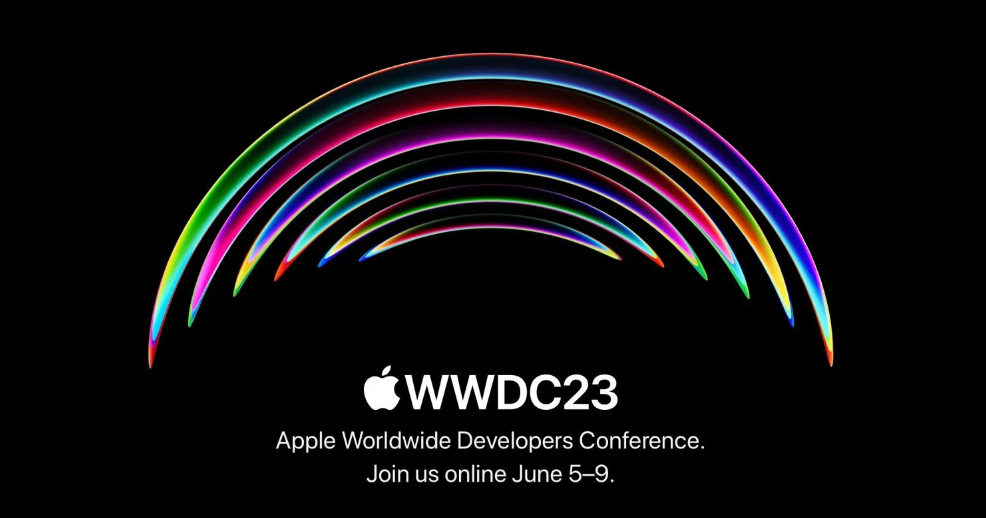
Apple has officially scheduled its summer developers’ conference and the preview materials all but completely confirm what has been long suspected: Apple is launching an AR headset. This animation, for example, appears to show the Swift icon being distorted by the viewer putting on some kind of glasses. Previous reporting broke down rumors from parts suppliers about the alleged cost of the headset ($3000!). And watchers of the US Trademark registry noted new filings for something called xrProOS.
The launch of an AR headset would follow Apple’s general strategy of waiting for others to work out the kinks of new technology while silently developing the most refined experience possible that takes advantage of Apple’s vertically integrated hardware and software development teams. While the headset will undoubtedly dominate the event, it’s likely Apple will also launch new products such as a 15-inch Macbook Air. An entirely new Apple Watch has also been rumored along with a new iPhone with USB-C (to comply with new EU charging requirements), but those devices will likely be saved for the fall 2023 keynote.
Tune into the WWDC Keynote on June 5, 2023 at 10am PT.
Nvidia Approaches Trillion Dollar Market Cap
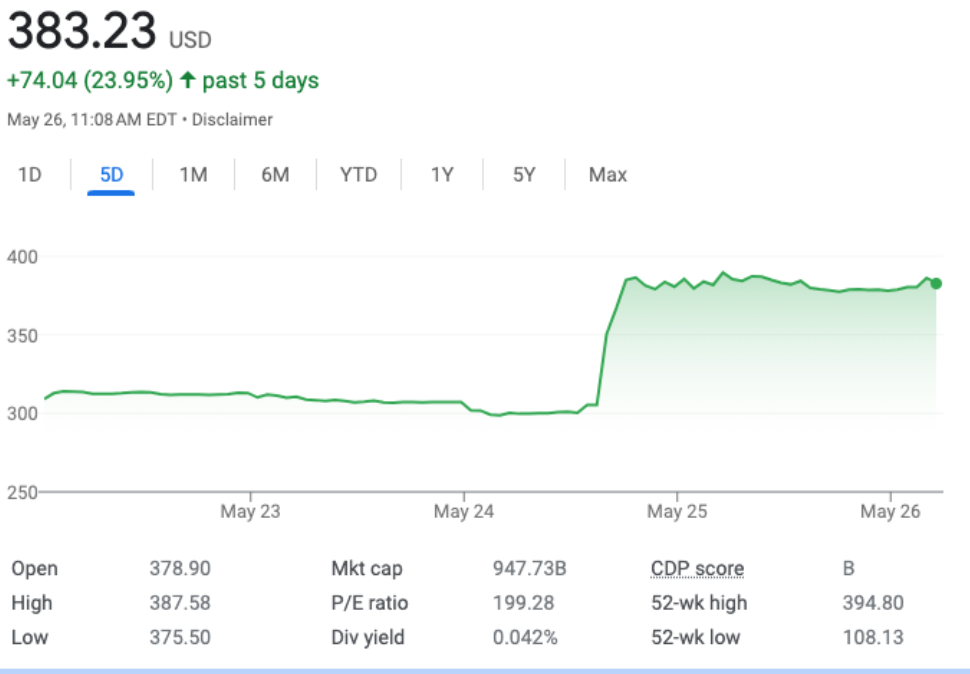
Chip maker Nvidia’s stock surged almost 25% this week on news of AI tech’s increased reliance on the company’s high performance hardware. Now just $50 billion from the $1 trillion market cap milestone, Nvidia may soon find itself in an elite club of companies like Google, Apple, and Microsoft.
Ron DeSantis Announces Presidential Campaign In Buggy Twitter Spaces
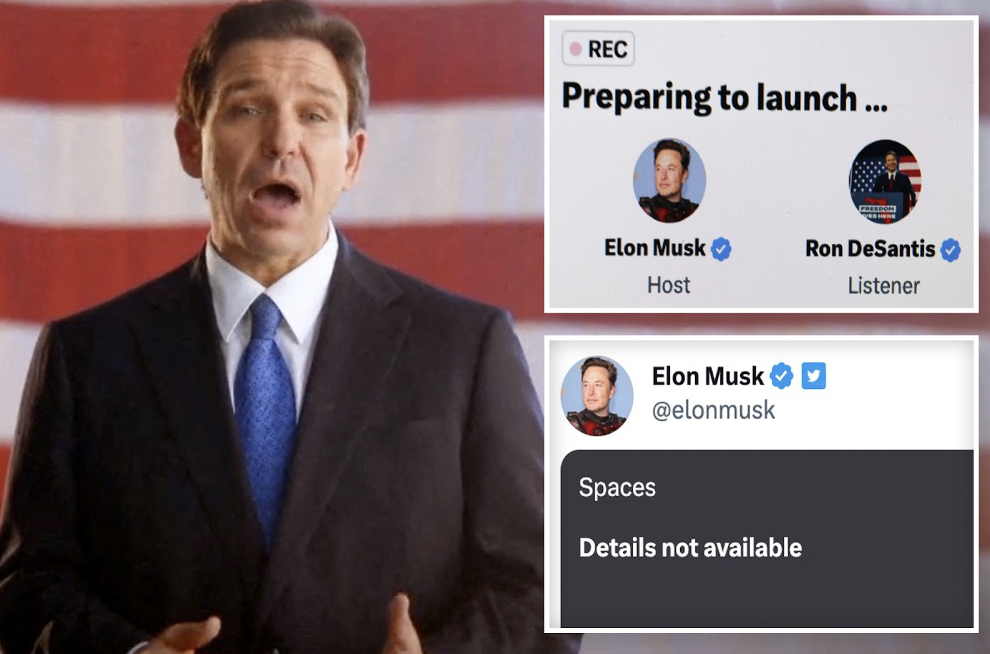
In a first for a social media platform, a major presidential candidate eschewed legacy media to announce his campaign for President in a live event inside of the Twitter app. Hosted by none other than Elon Musk himself and Twitter investor David Sacks, Governor Ron DeSantis of Florida officially kicked off his campaign for the Republican nomination for President with an unscripted, 75 minute interview that included live questions from Sacks, Congressman Thomas Massie, and others.
While originally delayed by technical difficulties that were gleefully mocked by his chief rival former President Donald Trump, President Biden, and legacy media outlets alike, the event showcased the potential for the public to hear directly from politicians without the constraints of commercial breaks that often reduce political messaging to soundbites. Within 24 hours, the event had been streamed almost 4 million times – more than the 3 million viewers that President Trump received from his CNN town hall two weeks earlier.
“It was imperfect but it was genuine,” said Musk at the end of the event. “All Presidential candidates are most welcome on this platform,” he later tweeted.
Microsoft Build Shows Off Even More AI at Build
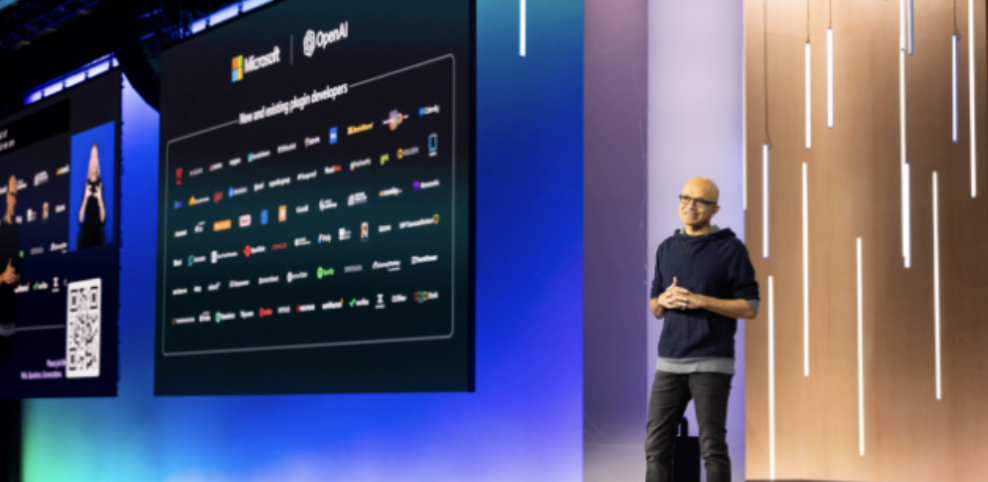
At the Microsoft Build conference this week, CEO Satya Nadella showed off even more AI integrations across the Microsoft product ecosystem. Here’s a rundown of the most significant announcements.
- The AI personal assistant Copilot 365 is now integrated directly into Windows 11 (RIP Cortana)
- Copilot 365 supports plugins powered by the OpenAI ChatGPT 4 API
- Copilot 365 is also coming directly to Edge and adds AI assistance to any web app
- Windows Terminal can now access a GPT-powered chatbot that can explain errors and cross reference code in WinDBG and Visual Studio
- Bing is now the default search for ChatGPT with native integrations to apps like OpenTable and WolframAlpha
Ford Surrenders To Tesla With New Charging Partnership
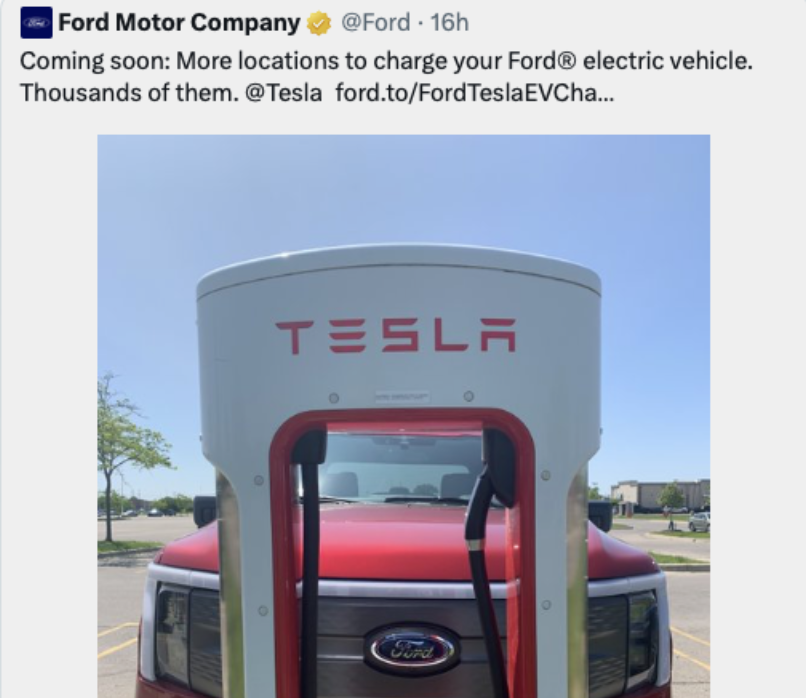
Electric vehicle adoption is accelerating as legacy auto makers scale production. But supporting EV owners requires more than just building cars; it requires giving new EV owners access to charging infrastructure that allows for long distance travel. To date, legacy auto makers have relied upon third-party services like ChargePoint and the consortium Electrify America (a joint venture of auto makers led by Volkswagen). But these services still lag far behind the Tesla Supercharger Network both in terms of total available chargers and charging speed.
The Tesla Supercharger Network has so far been a competitive moat for Tesla but early tests of interoperable connectors in Europe demonstrated the willingness of Tesla to expand availability to non-Tesla EV owners. That willingness has been validated even further by the announcement this week of a partnership between Tesla and Ford to not only support changing Ford EVs but actually integrate the Tesla charging standard directly into the next generation of Ford EVs.
In an impromptu Twitter Spaces event, Ford CEO Jim McFarley announced the partnership live with Tesla CEO Elon Musk, going so far as to recount how his children were consistently disappointed by the fact their electric Ford F-150 pickup truck couldn’t use the faster, more conveniently located Superchargers. Starting next year, Ford EV owners will be able to purchase an adapter that connects their cars to Tesla Superchargers. And starting in 2025, all new Ford EVs will directly incorporate Tesla’s charging plug to enable seamless, instant charging without the hassle of apps and screens inherent to Electrify America.

